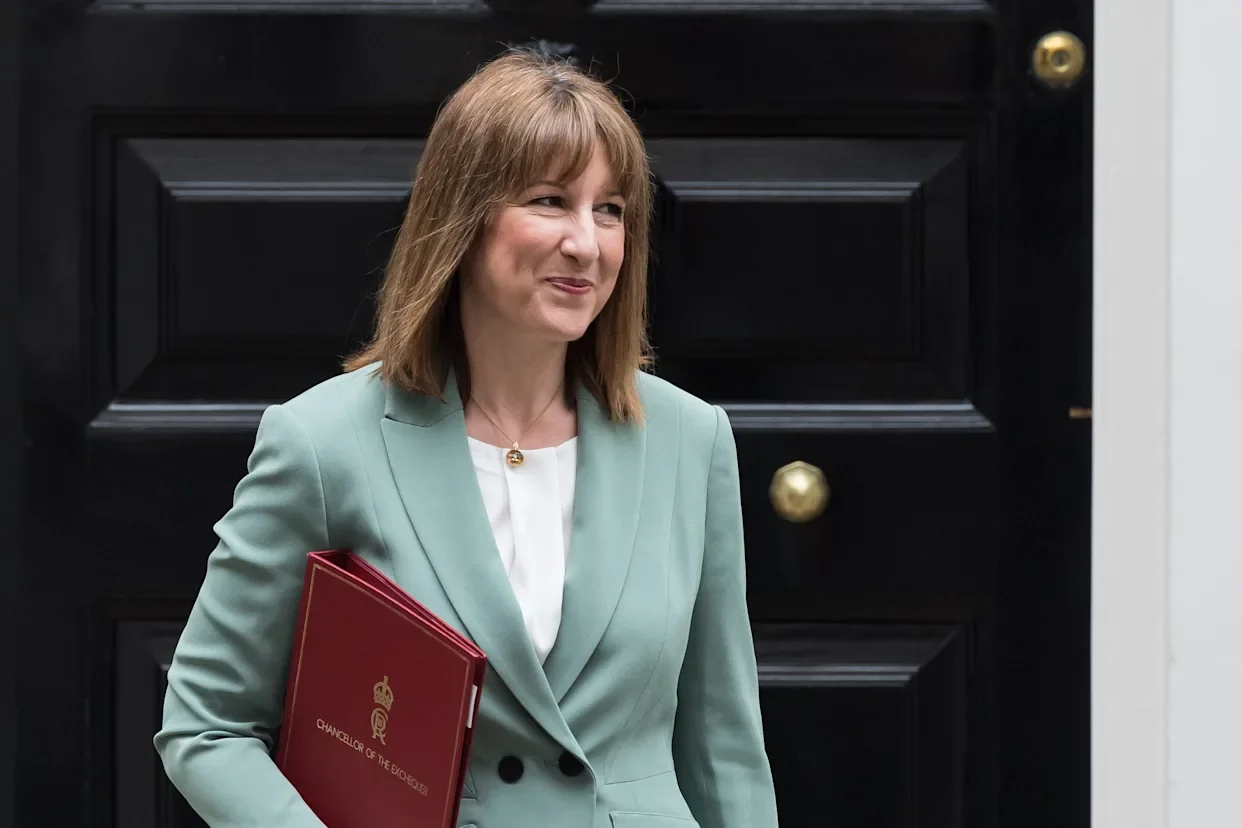Introduction
The UK Government is preparing to expand the Soft Drinks Industry Levy to include milk-based sugary drinks, in a move that could alter prices and industry dynamics across the beverage sector.
Chancellor Rachel Reeves is set to announce the changes in the Budget later this month, as the government seeks both to address health objectives and close fiscal gaps.
The proposed measures would remove the current exemption for dairy drinks and lower the sugar threshold for taxation, contributing an estimated £50 million to £100 million in revenue under current plans. If implemented, the changes are likely to affect manufacturers, retailers, and consumers nationwide.
Plans to expand the sugar tax
Currently, the Soft Drinks Industry Levy applies to non-dairy soft drinks containing at least 5 grams of sugar per 100 millilitres.
The government intends to end the exemption enjoyed by milk-based sugary drinks, bringing popular products such as flavoured milkshakes under the existing tax framework. The planned changes are expected to take effect in April 2027, allowing manufacturers a window to adjust recipes or review their product portfolios.
The extension of the levy is presented as a public health measure to further reduce sugar consumption, particularly among children and adolescents.
Details of the proposed levy changes
Under the forthcoming measures, the threshold at which the levy applies is set to be reduced from 5 grams to 4 grams of sugar per 100 millilitres. The tax currently stands at 18 pence per litre for soft drinks containing 5 to 8 grams of sugar, rising to 24 pence per litre for drinks with higher concentrations.
Analysts estimate that expanding the levy and lowering the threshold could generate £50 million to £100 million in annual revenue. The Treasury indicated that the consultation process for these changes began earlier this year, and decisions will be confirmed in the Budget statement.
Industry response and concerns
Trade groups and representatives within the soft drinks sector have voiced concerns about the proposed changes.
Gavin Partington, director general of the British Soft Drinks Association, said that tightening the levy could undermine years of investment in reformulation, while providing only marginal reductions in calorie consumption.
The association claims that over 70 percent of soft drinks sold in the UK are already classified as low or no sugar, and that further reductions in sugar content may not be technically feasible. According to industry representatives, the extended levy could add significant costs estimated at £220 million and push retail prices up by as much as five percent.
Fiscal context for new tax measures
The latest move comes amid greater reliance on smaller tax initiatives to supplement public finances, following the government’s decision not to increase income tax rates. Instead, the government is seeking alternative sources of revenue, including targeted changes to property, electric vehicle, gambling, and dividend taxation.
Chancellor Rachel Reeves has faced political pressure to balance health policy with economic priorities. Cabinet officials have so far declined to comment on speculation regarding the Budget, noting that final decisions have not yet been finalized.
Historical background on the sugar tax
The Soft Drinks Industry Levy, often known as the “sugar tax,” was introduced in 2018 by the previous Conservative government.
The policy was designed as a public health tool to lower sugar intake and address rising rates of childhood obesity by encouraging manufacturers to reduce sugar content in their products.
Since its implementation, the levy has led to widespread reformulation among soft drinks producers. However, milk-based drinks were initially exempted due to concerns that additional taxes could reduce young people’s calcium intake.
Final Summary
The government’s plan to extend the sugar tax to include milk-based sugary beverages marks a significant shift in public health and fiscal policy. If the measures are introduced as expected, they will impact beverage manufacturers, retailers, and consumers, with the government projecting a modest increase in tax revenue.
Debate continues over the policy’s potential effectiveness in reducing sugar consumption, while the financial and operational consequences for the drinks industry remain a concern. Observers within the tax and business sectors are monitoring the developments closely.
For ongoing updates and analysis on UK tax policy changes, users may find the Pie app a useful resource.











